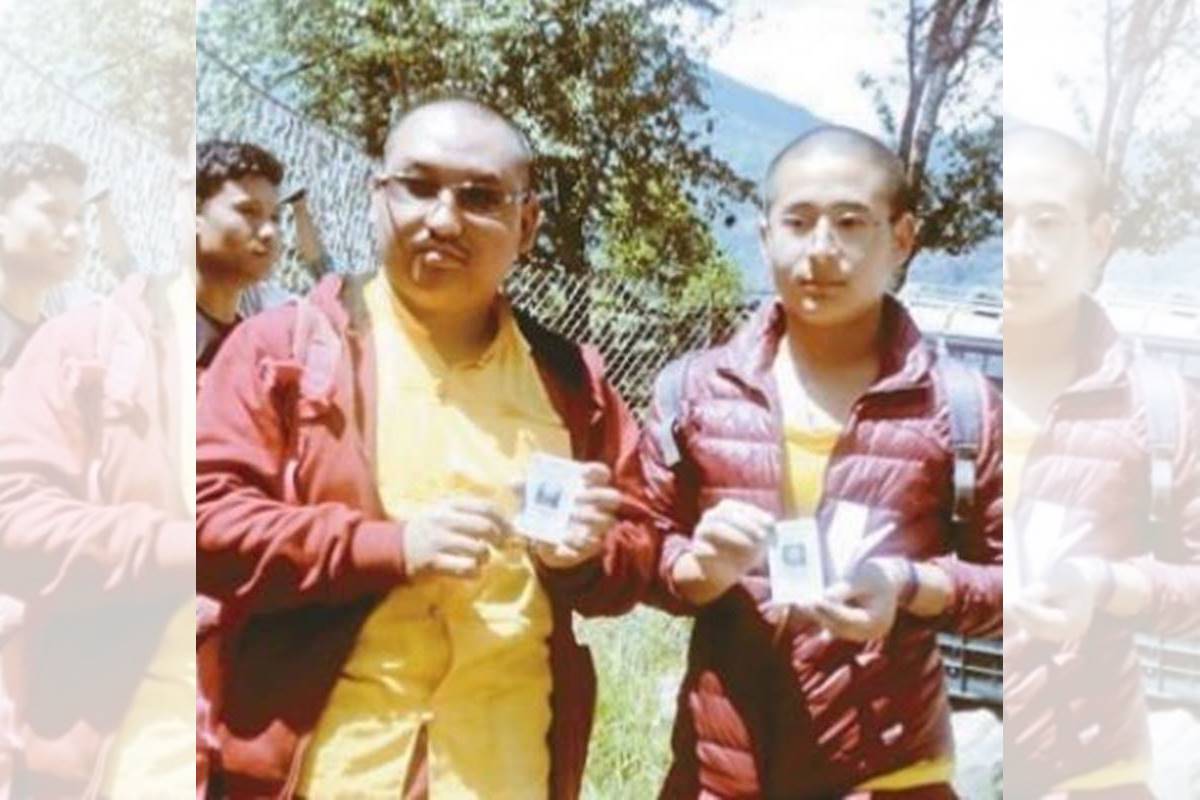Congress committing dacoity on rights of OBCs, SCs, STs: PM
“Wherever it (Congress) can do it, it will try to loot the claims of the SCs, STs and OBCs and give them to others,” said Modi.
The constituency does not exist on the state’s map and has no geographical boundaries; Sangha seat is provided under Article 371 (F) of the Constitution, which has separate provisions with respect to the state of Sikkim

The number of voters for the Sangha seat this year was 3,293, including 3,224 monks and 69 nuns. (SNS Photo)
As the Himalayan state of Sikkim went to polls on 11 April, among the Assembly constituencies was one that does not exist on the state’s map and has no geographical boundaries. Sangha is a one-of-its-kind constituency in the country that is reserved only for the monastic community. The Sikkim monastic constituency is provided under Article 371 (F) of the Constitution, which has separate provisions with respect to the state, it is learnt.
The ruling Sikkim Democratic Front (SDF) fielded Tshering Lama as its Sangha candidate, while Sikkim’s main Opposition party Sikkim Krantikari Morcha (SKM) fielded Sonam Lama. The Congress is also in the fray with Karma Tashi Bhutia as its candidate. In the last 2014 Assembly polls, Sonam Lama, the representative of SKM, had won the Sikkim monastic constituency by 126 votes.
“The number of voters for the Sangha seat this year is 3,293, which includes 3,224 monks and 69 nuns. Buddhist monks registered with 51 monasteries in the state are the only ones who can contest and cast their votes,” said Chief Electoral Officer (CEO) of Sikkim, R Telang.
Advertisement
“Out of the 567 polling stations, arrangements are being made in 51 polling stations for casting votes for the Sangha seat. Three EVMs will be placed, one EVM for Assembly seat, second for Lok Sabha seat and the third EVM for monks to cast votes for the Sangha seat,” added Mr Telang.
The north-eastern state voted simultaneously for the Lok Sabha and Assembly elections in a single phase on Thursday.
Sikkim Chief Minister and SDF chief Pawan Kumar Chamling is seeking re-election from Namchi-Singithang and Poklok-Kamrang seats in south Sikkim. Chamling, 68, the longest-serving chief minister of the country who came to power in December 1994, contested to retain office for an eighth successive term.
Advertisement